MINICOM Honors Former MICOMART Staff Killed in the 1994 Genocide Against the Tutsi: Their Memory Lives On
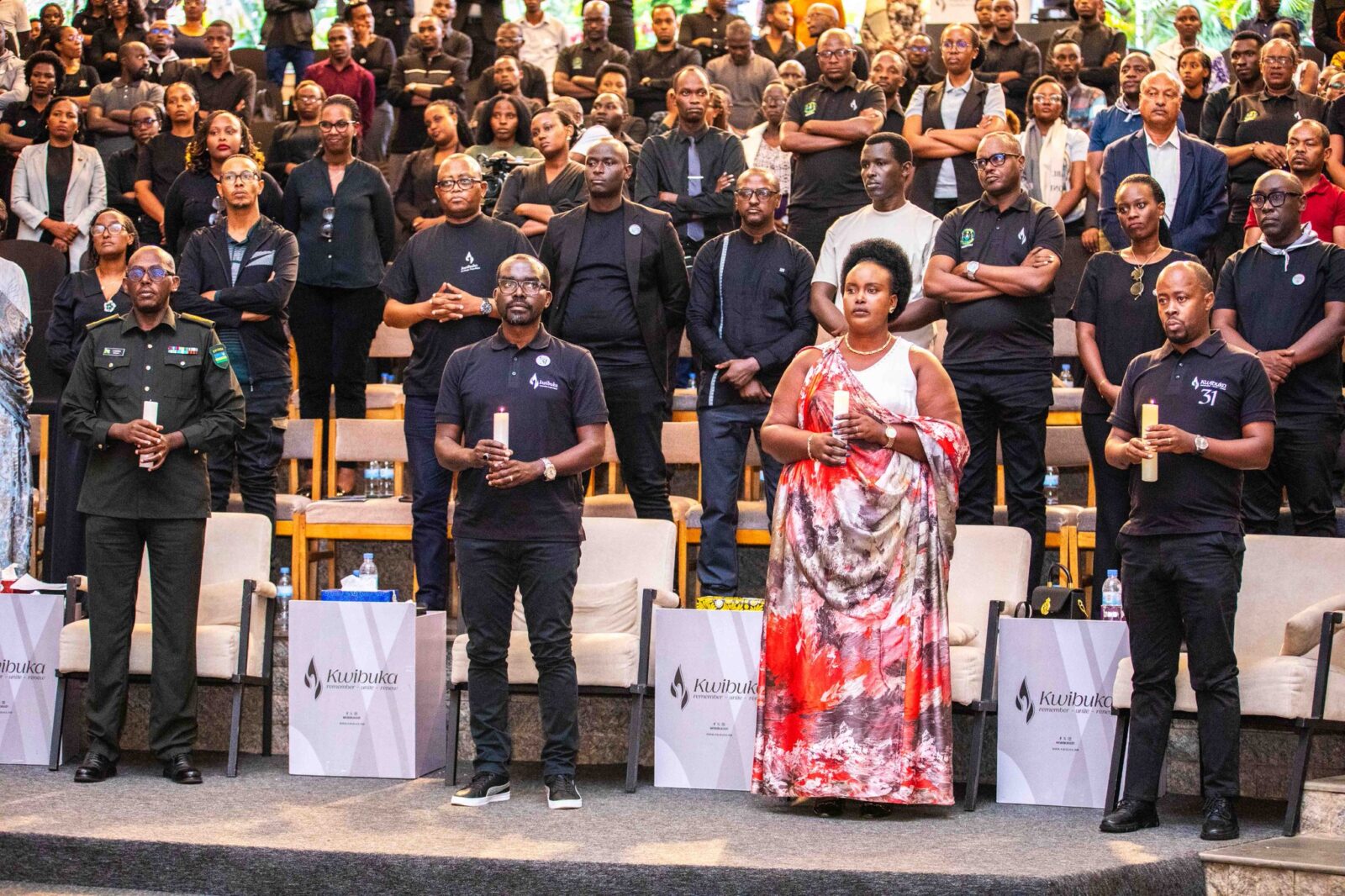
In a solemn ceremony held at the Kigali Genocide Memorial in Gisozi, Friday the 13th of June, staff from the Ministry of Trade and Industry (MINICOM), alongside colleagues from the Rwanda Standards Board (RSB), the Rwanda Inspectorate and Competition Authority (RICA), and other institutions, gathered to honor the memory of former employees of MICOMART—the institution that preceded MINICOM—who were killed during the 1994 Genocide against the Tutsi.
More than 250,000 victims of the genocide are laid to rest at the memorial, and many former MICOMART staff are among them. The commemoration brought together public servants, survivors, relatives of the victims, and institutional partners in a moving tribute that reaffirmed a collective commitment to remembrance, justice, and the rejection of genocide denial.
The event began with a wreath-laying ceremony and a moment of silence. Through music, testimonies, and shared remembrance, participants reflected not only on the immeasurable loss, but also on the courage and resilience of survivors. Artist Joe Musinga delivered an emotional musical tribute in honor of the lives lost—former colleagues whose futures were stolen in an era of hatred and violence.
Lt. Col. Simon Kabera, Deputy Spokesperson of the Rwanda Defence Force, gave a historical reflection on the genocide, emphasizing its systematic preparation and execution. He detailed the ten stages of genocide—from classification and dehumanization to extermination and denial—stressing that such atrocities do not happen spontaneously, but rather follow a deliberate and escalating process.

“The Genocide against the Tutsi was not an accident,” he said. “It was taught, reinforced, and ultimately executed. The fight against its denial continues to this day.”
“Denial is the final stage of genocide,” Kabera added. “Each of us must take responsibility to counter distortion—whether through writing, through social media, or by sharing the truth in our daily lives.”
One of the most powerful moments of the ceremony came from the testimony of Clément Mbaraga, brother-in-law to Kayitakire Florent, a former MICOMART employee who was killed alongside his wife, Uwimana Gasana Claudette, during the genocide. Their daughter, Agasaro Gisa Cynthia, was only three months old when the attacks began.
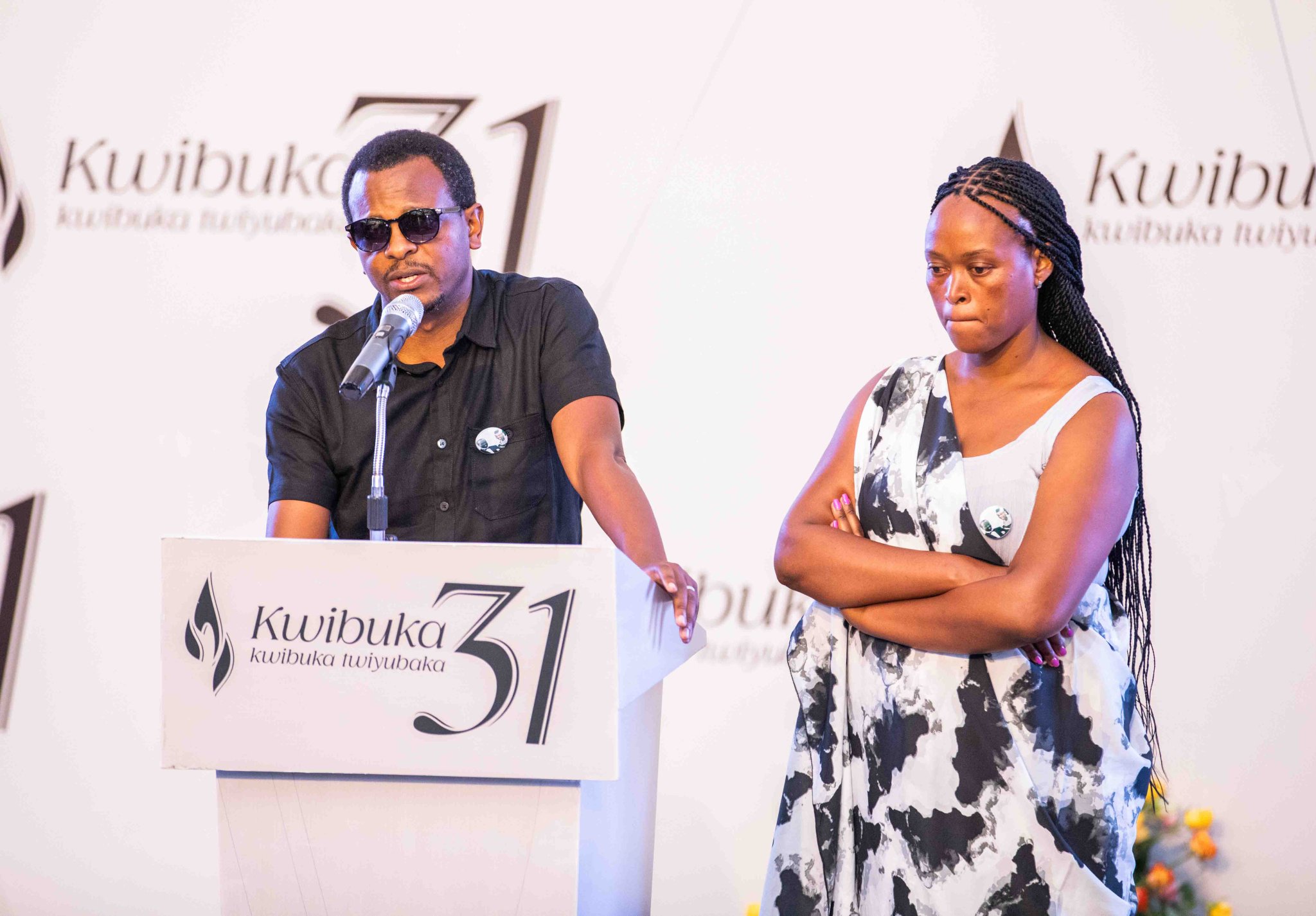
Agasaro survived—taken by a woman who had accompanied the killers. However, she was not raised as a daughter. Instead, she moved between six different households before finally being reunited with her extended family. Her whereabouts came to light during a Gacaca court confession from one of the perpetrators, whose testimony helped Clément’s aunt find the child. Today, Agasaro is a living testimony to the resilience of survivors and the importance of truth and justice.
Following these testimonies, participants lit the flame of remembrance and hope—a symbolic gesture that honors not only those who perished, but also those who continue to rebuild their lives and strengthen the nation’s unity.
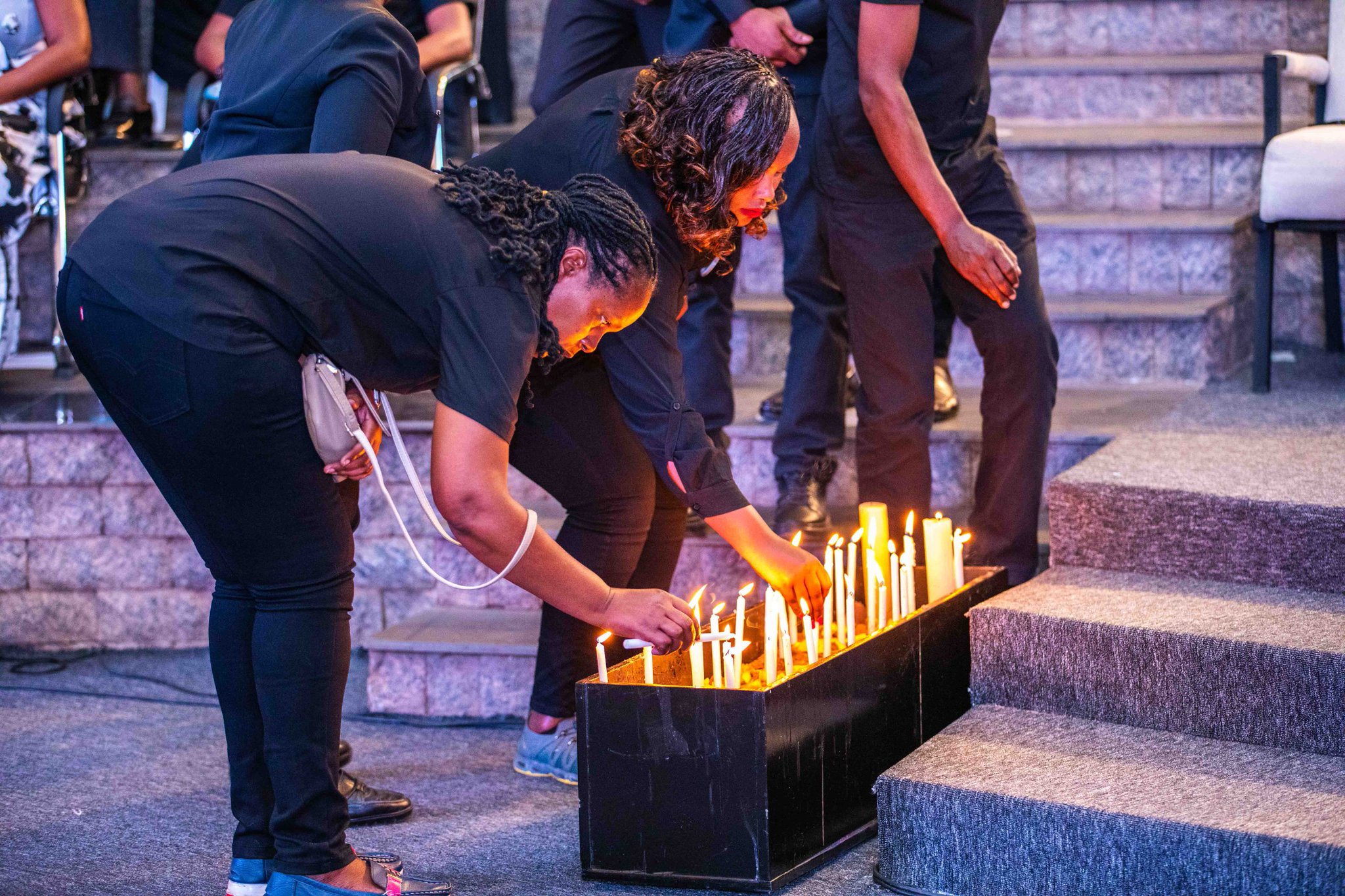
Mfizi Edouard, representing the families of the victims, expressed gratitude to the former Rwandan Patriotic Army (RPA) Inkotanyi for stopping the genocide and laying the foundation for a new Rwanda. He also praised MINICOM’s efforts to recover and preserve the history of its former staff.
“We ask anyone who knows where the bodies of our loved ones were thrown or abandoned to speak up, so they can finally be laid to rest with dignity,” he said.
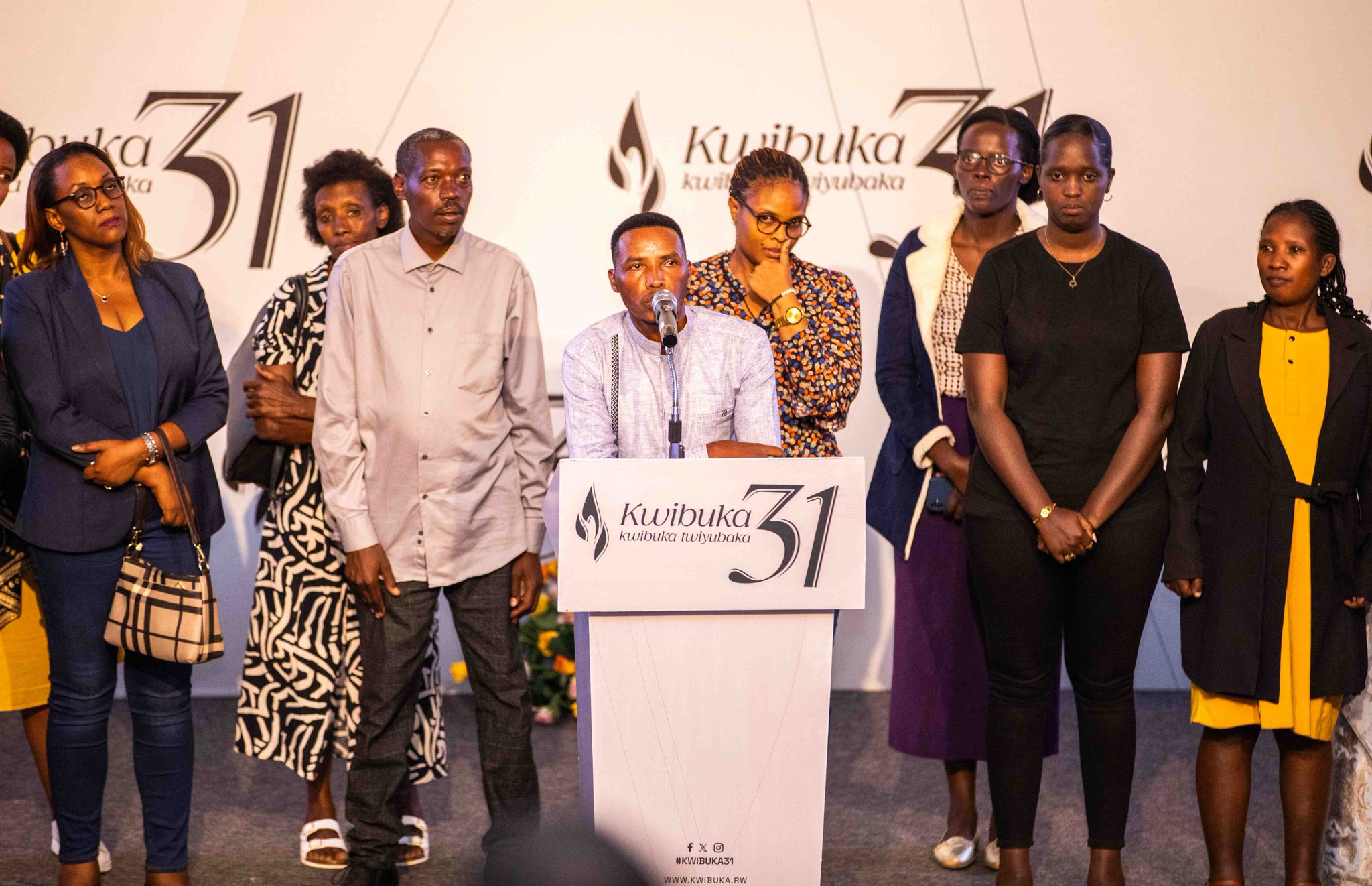
Hon. Christine Muhongayire, First Vice President of Ibuka, encouraged survivors to live fully, even while carrying the weight of memory. “Commemorating helps us protect our unity and restore the dignity that was stripped away,” she said. “Let us not be consumed by grief. Let us live, and in doing so, honor those we lost.”

Minister of Trade and Industry Prudence Sebahizi reaffirmed his ministry’s commitment to the survivors and families of former MICOMART staff. In a heartfelt address, he emphasized the responsibility of every public servant to confront genocide ideology in all its forms.
“The Genocide against the Tutsi was carefully planned,” Minister Sebahizi said. “Its ideology was taught—parents taught their children to hate, to kill. As civil servants, we have a duty to combat genocide ideology, wherever and however it appears.”
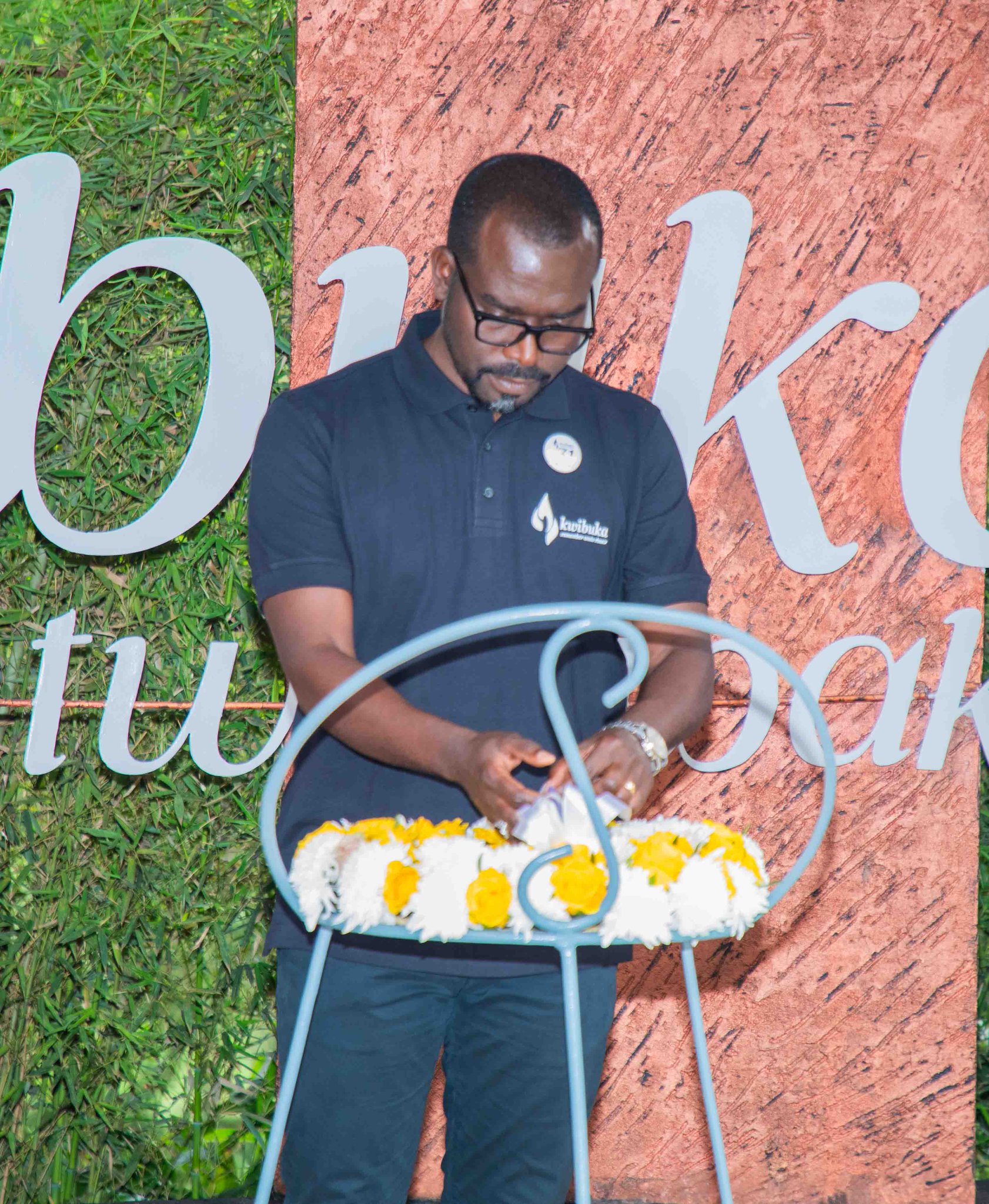
The ceremony served not only as a tribute to the lives lost, but also as a call to action—a reminder that remembrance is not passive. It is an active commitment to protecting truth, nurturing unity, and ensuring that such horrors are never repeated. In the face of pain, Rwanda continues to choose life, resilience, and truth.
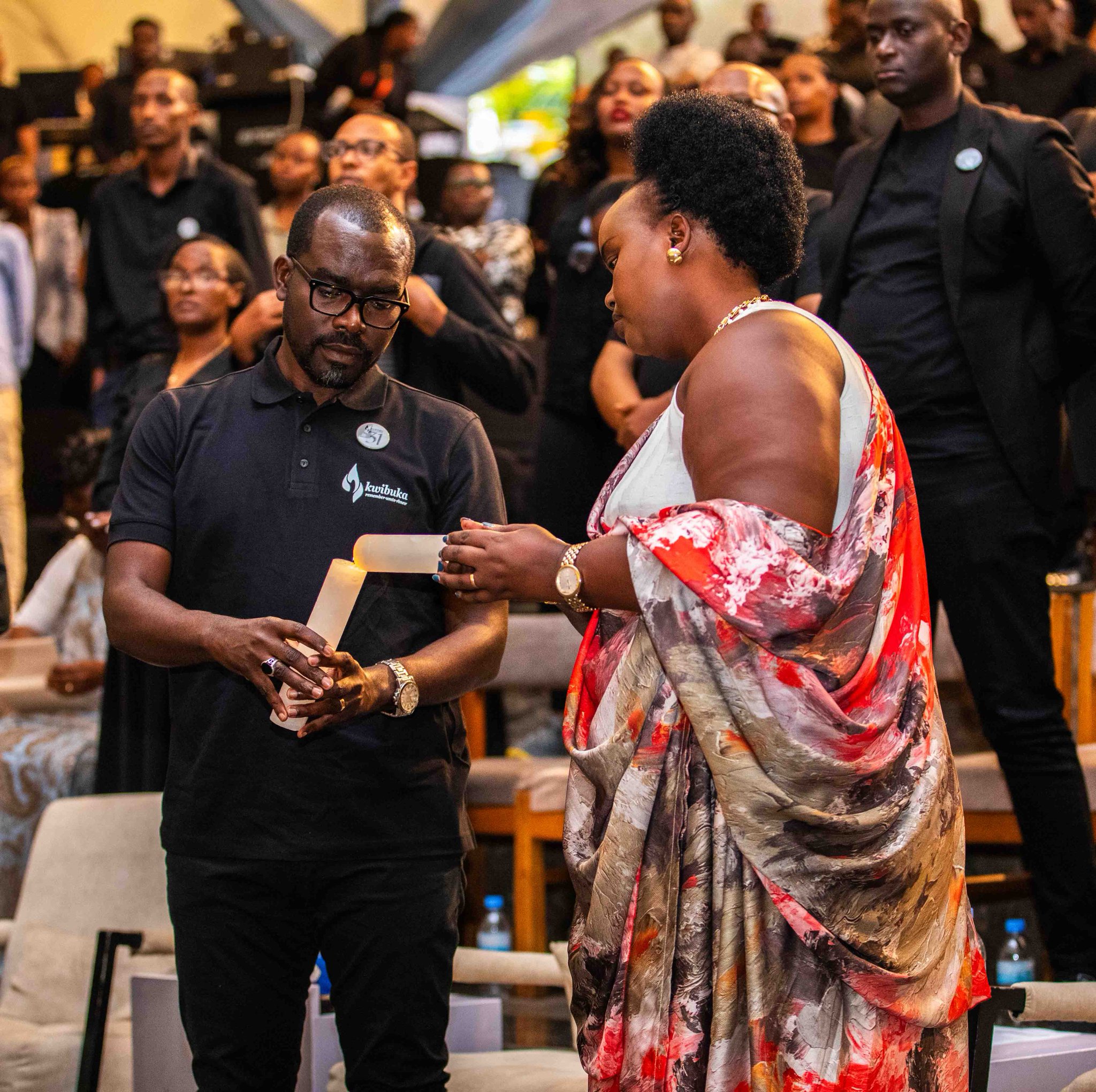

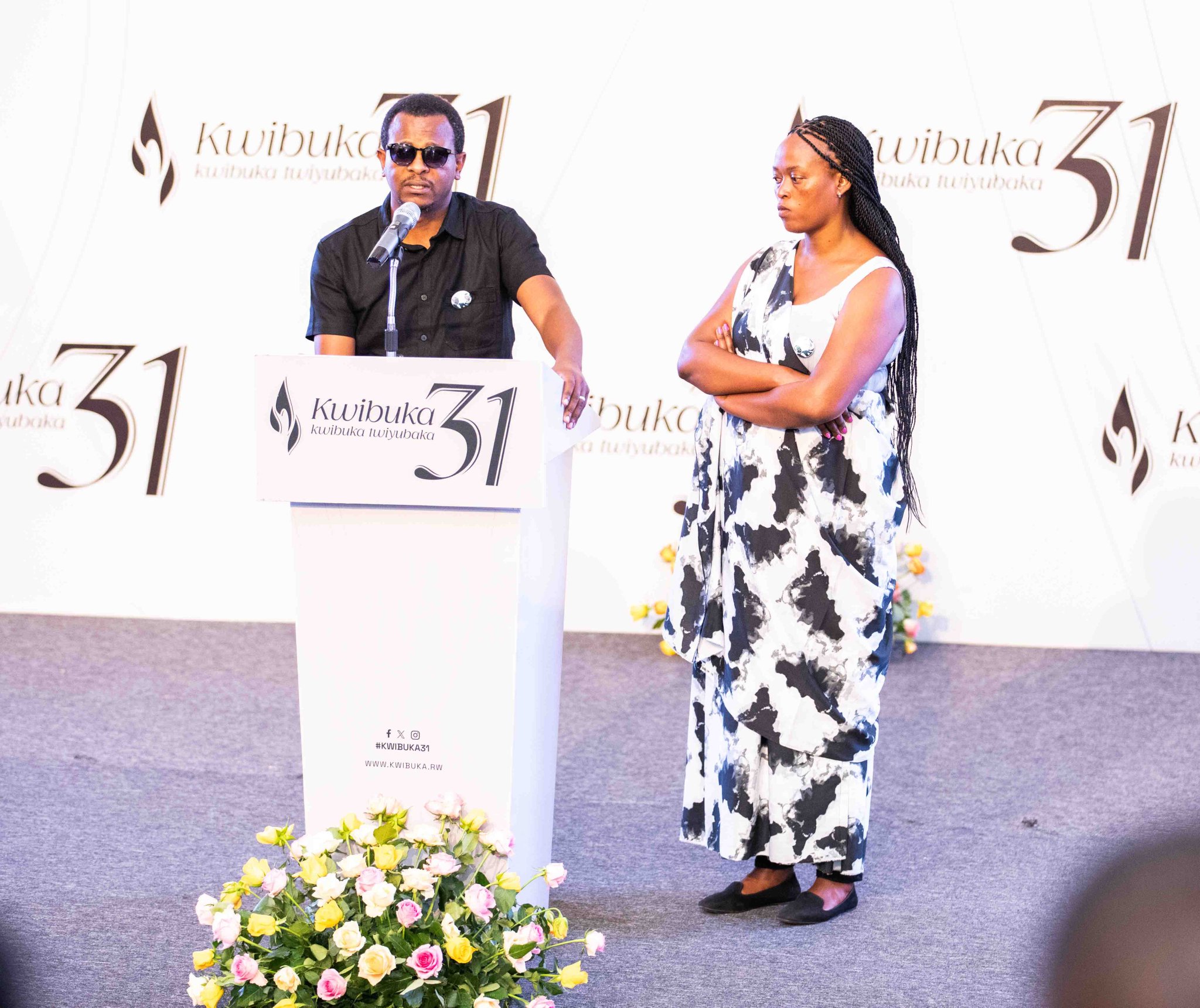
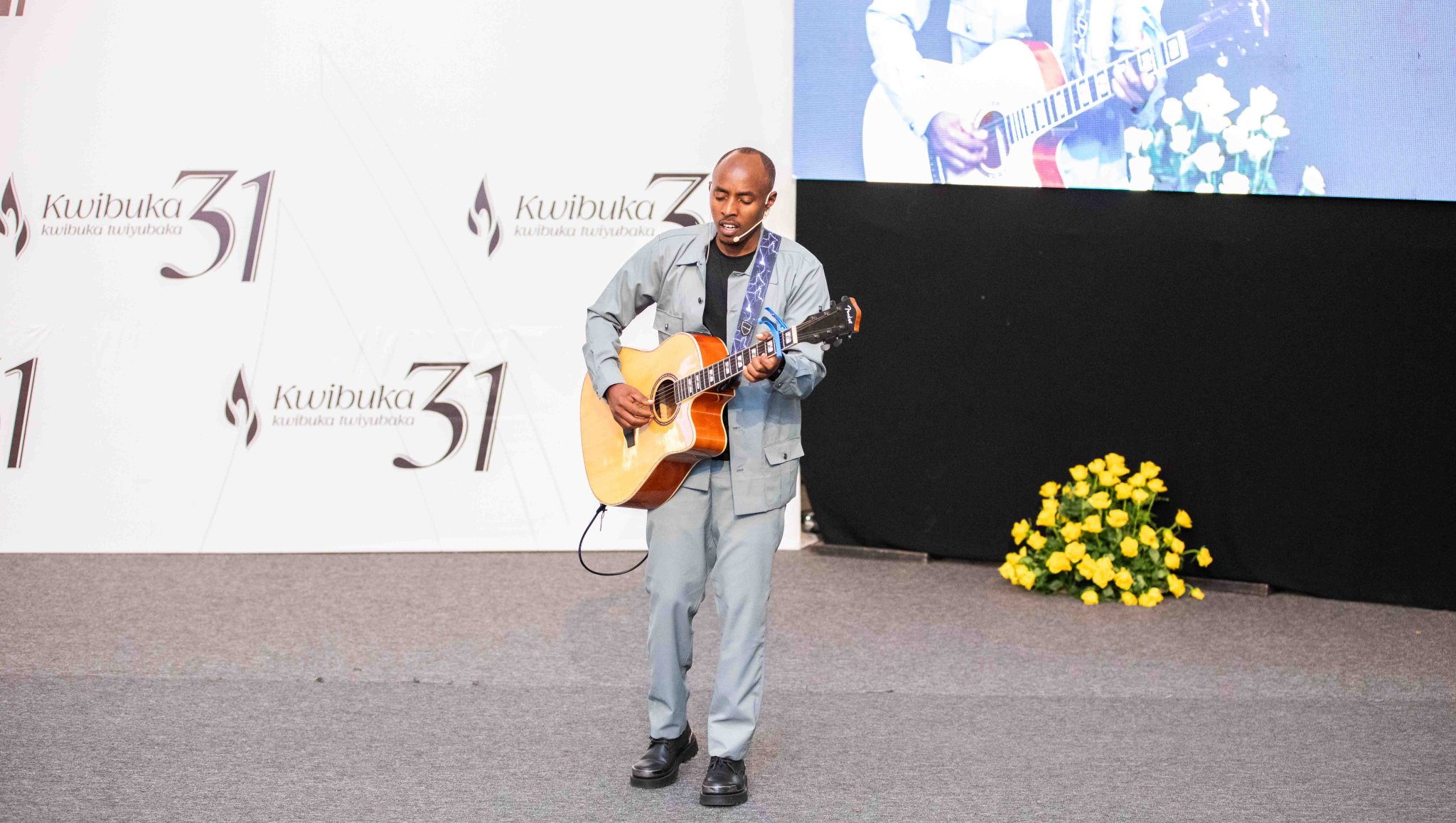
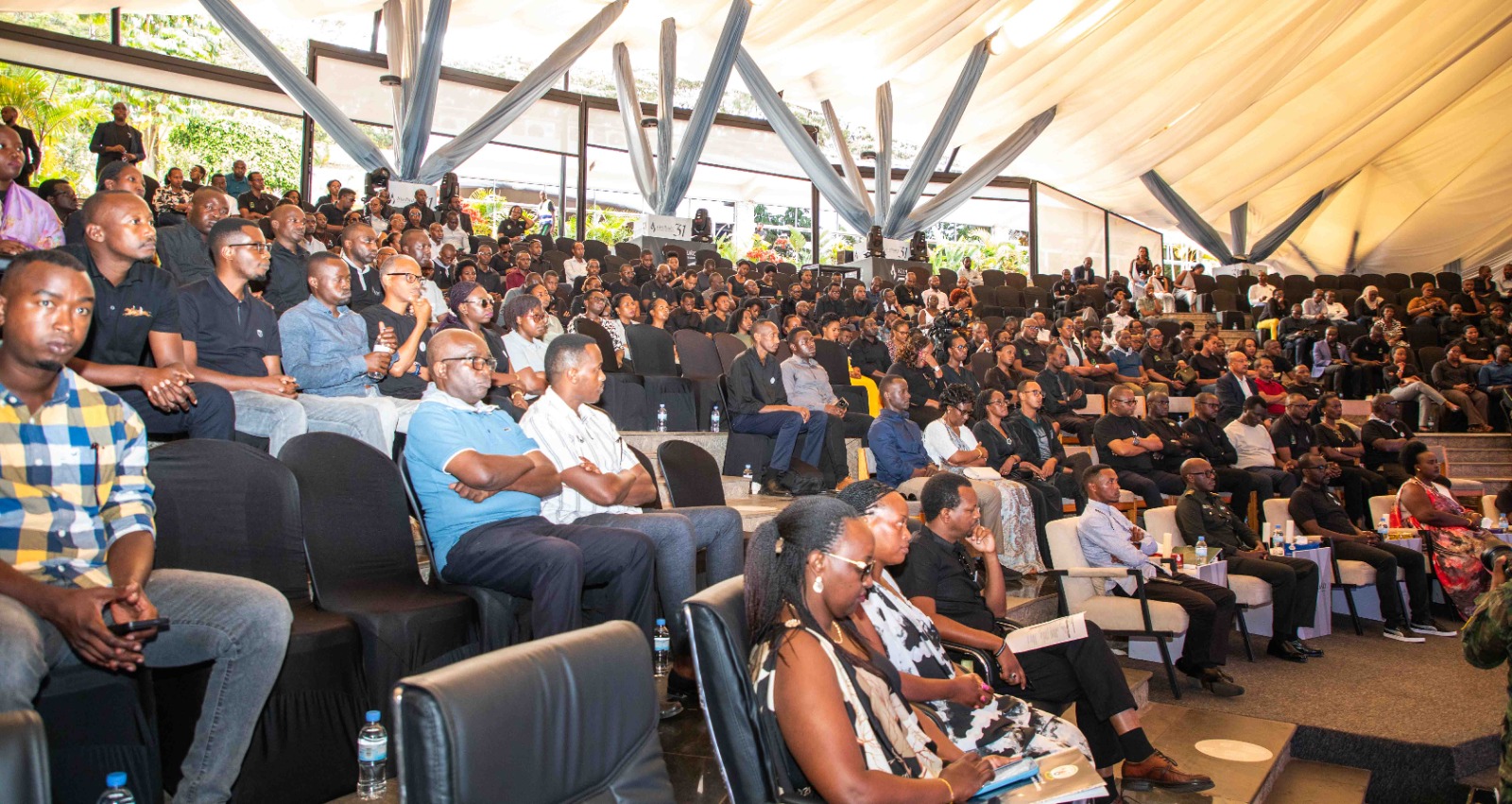
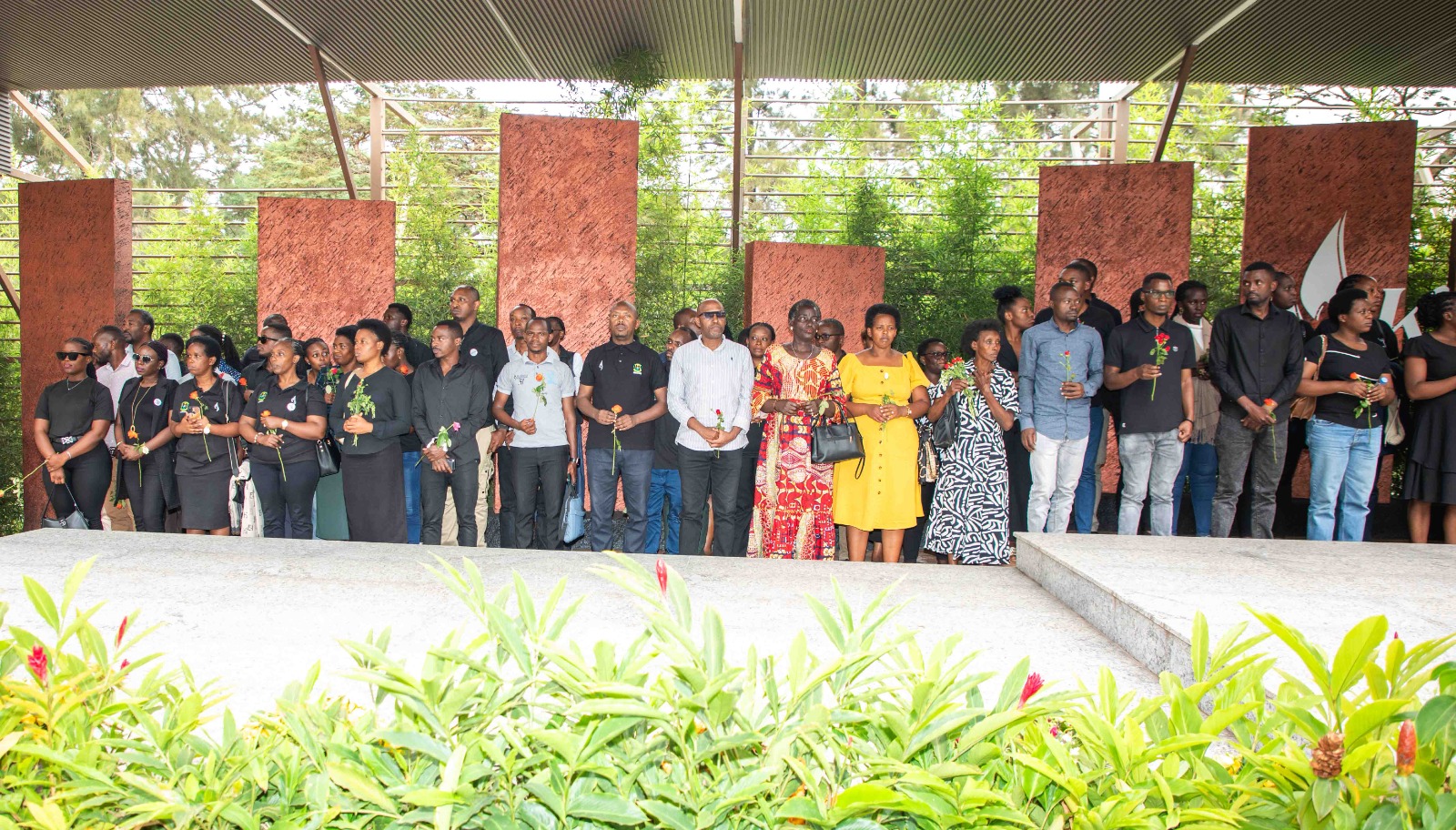
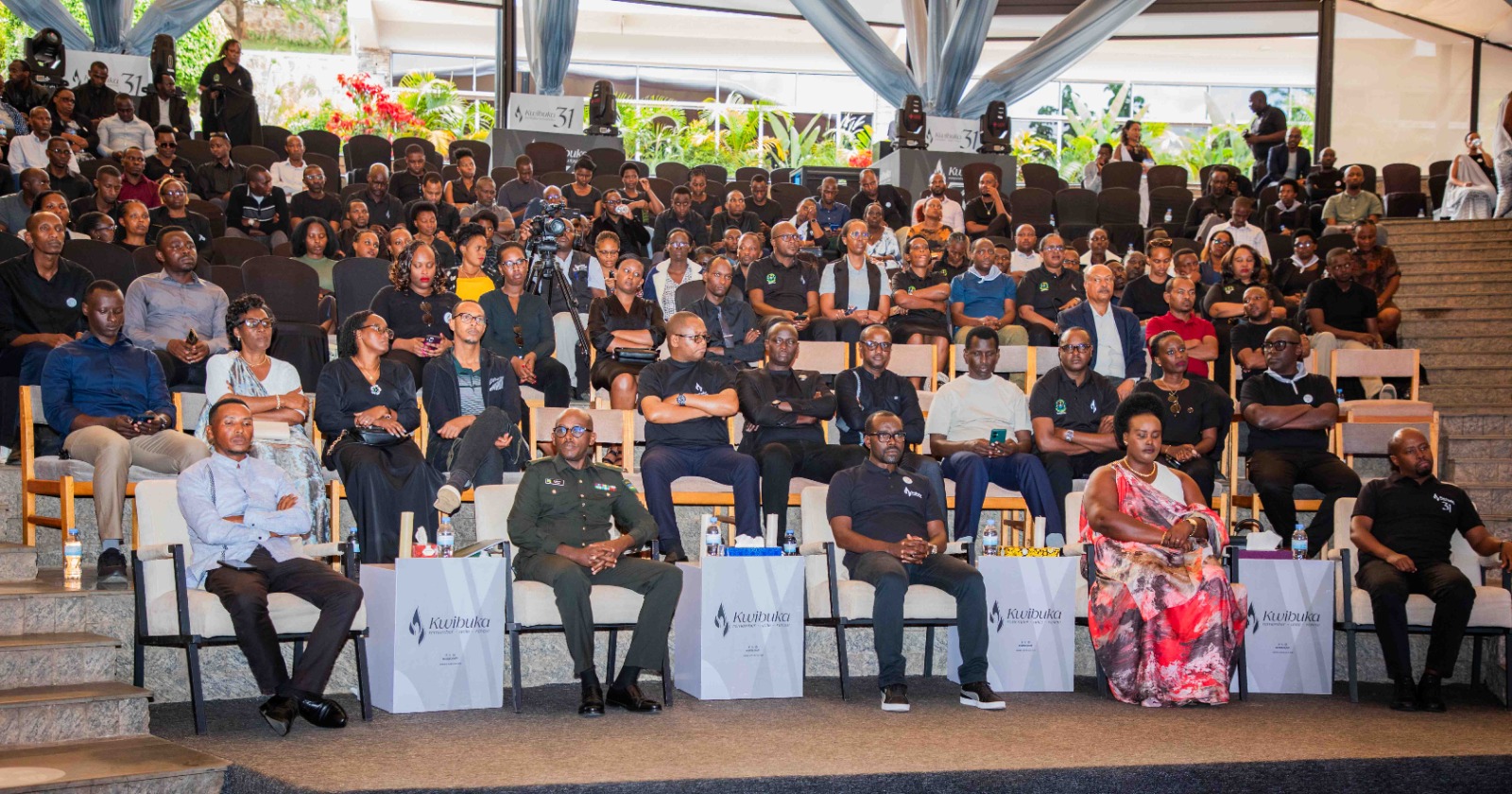
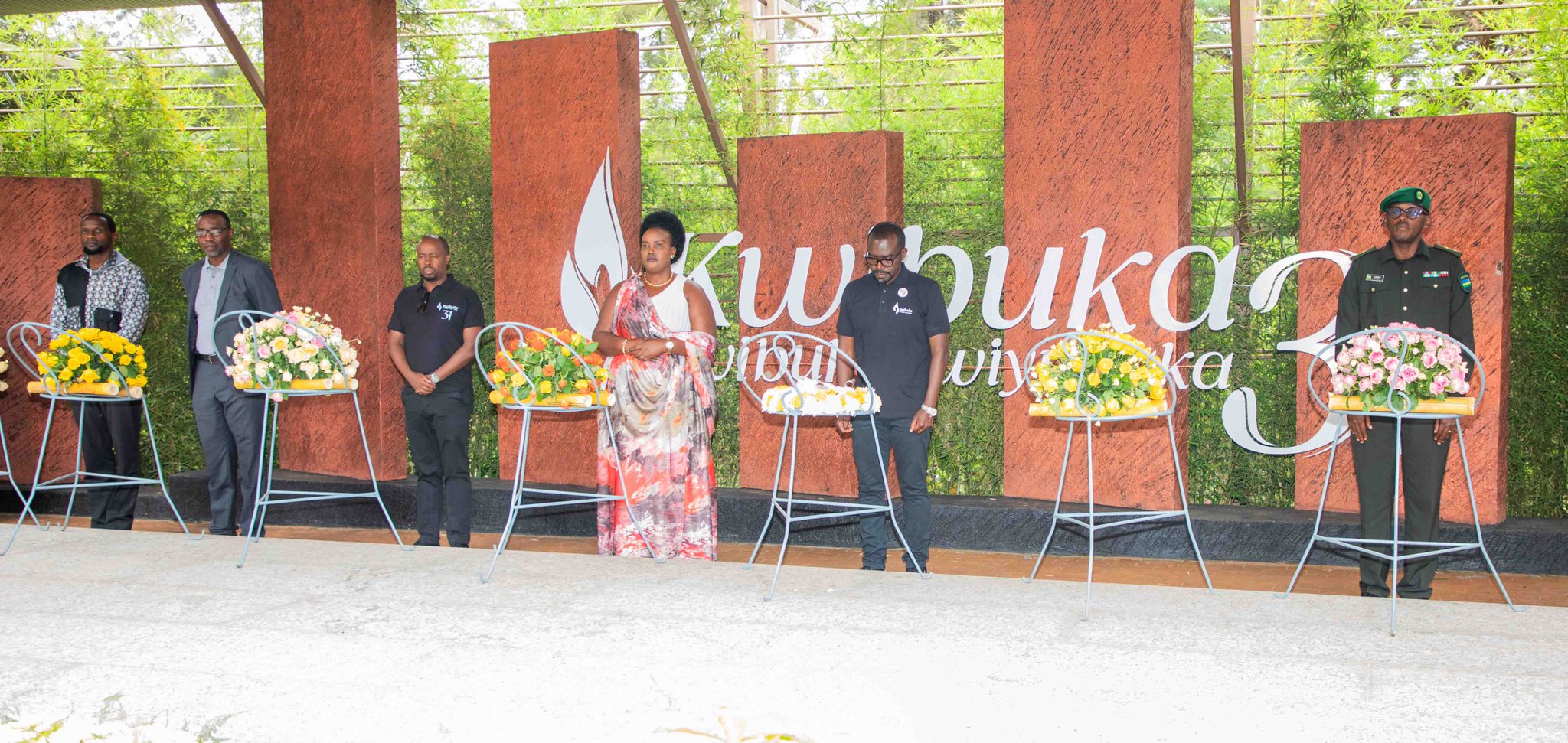
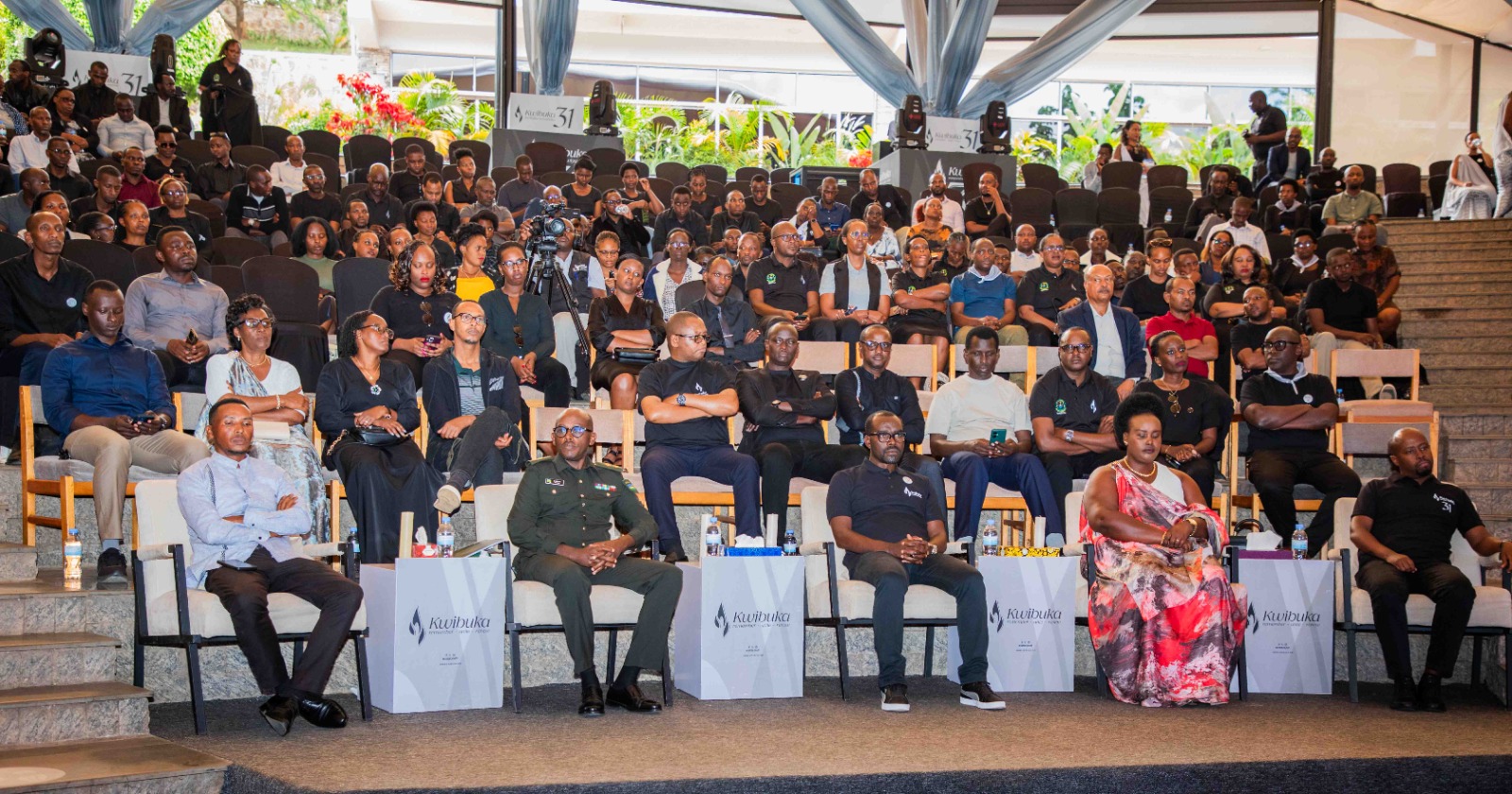
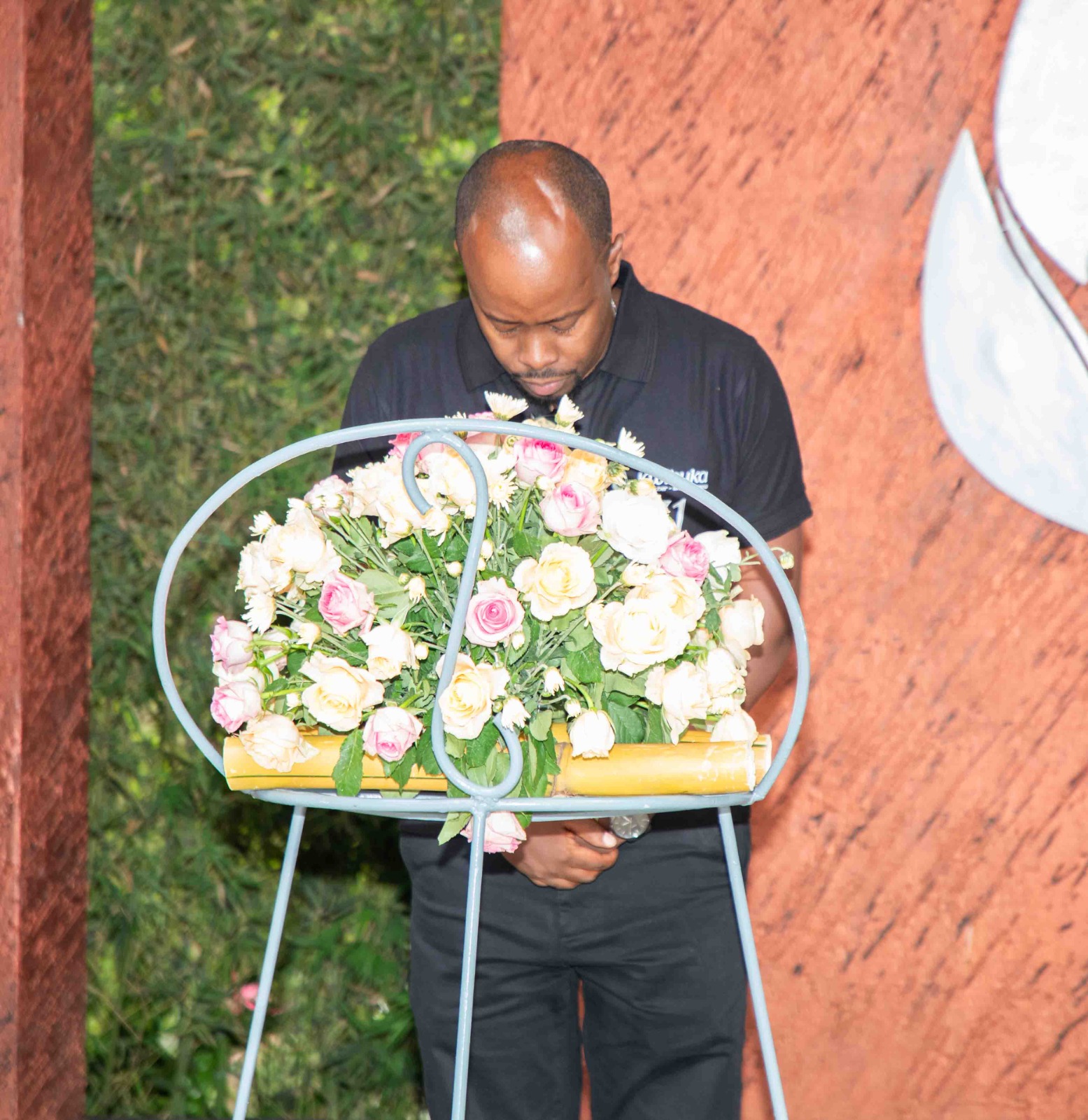
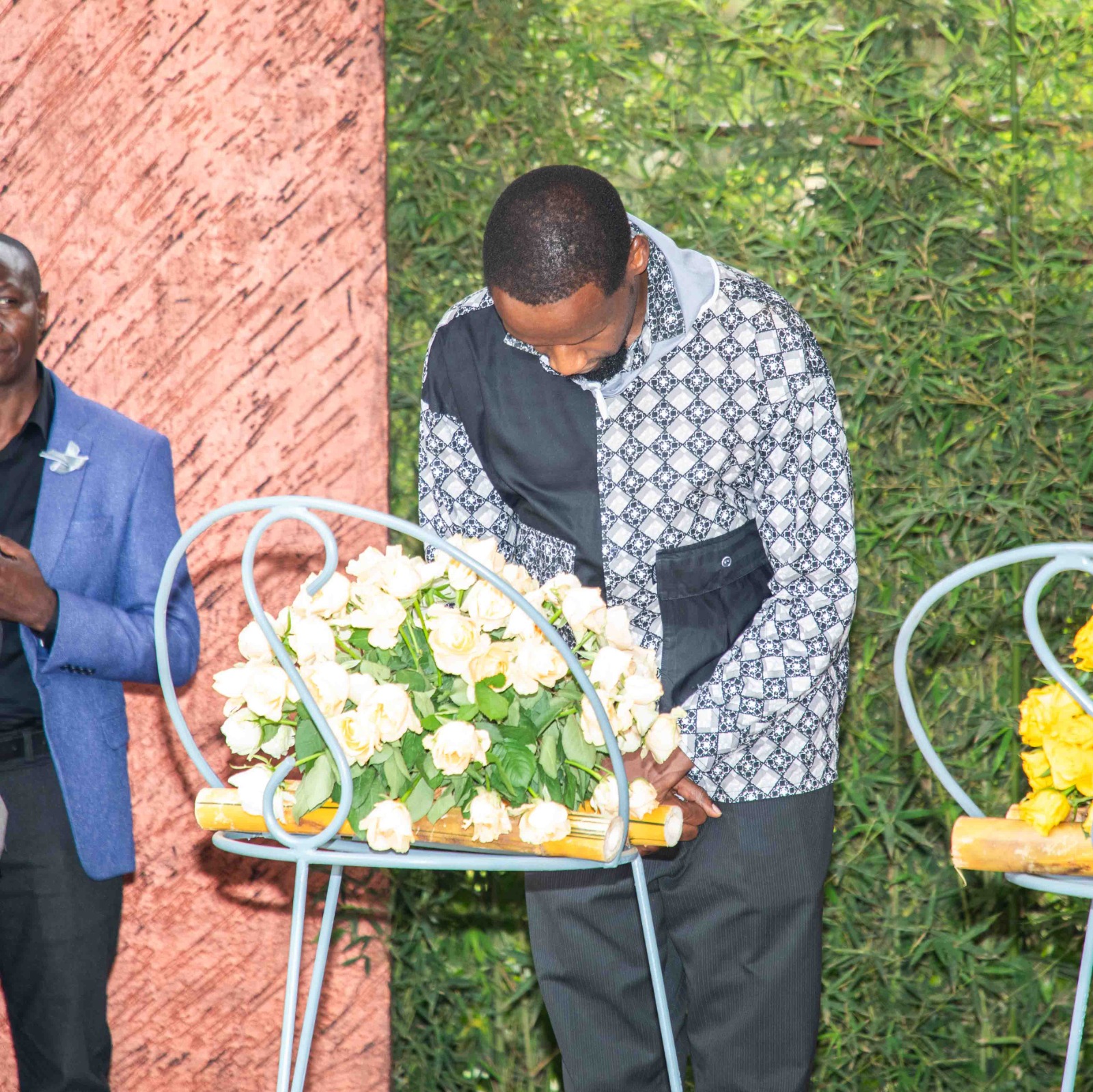
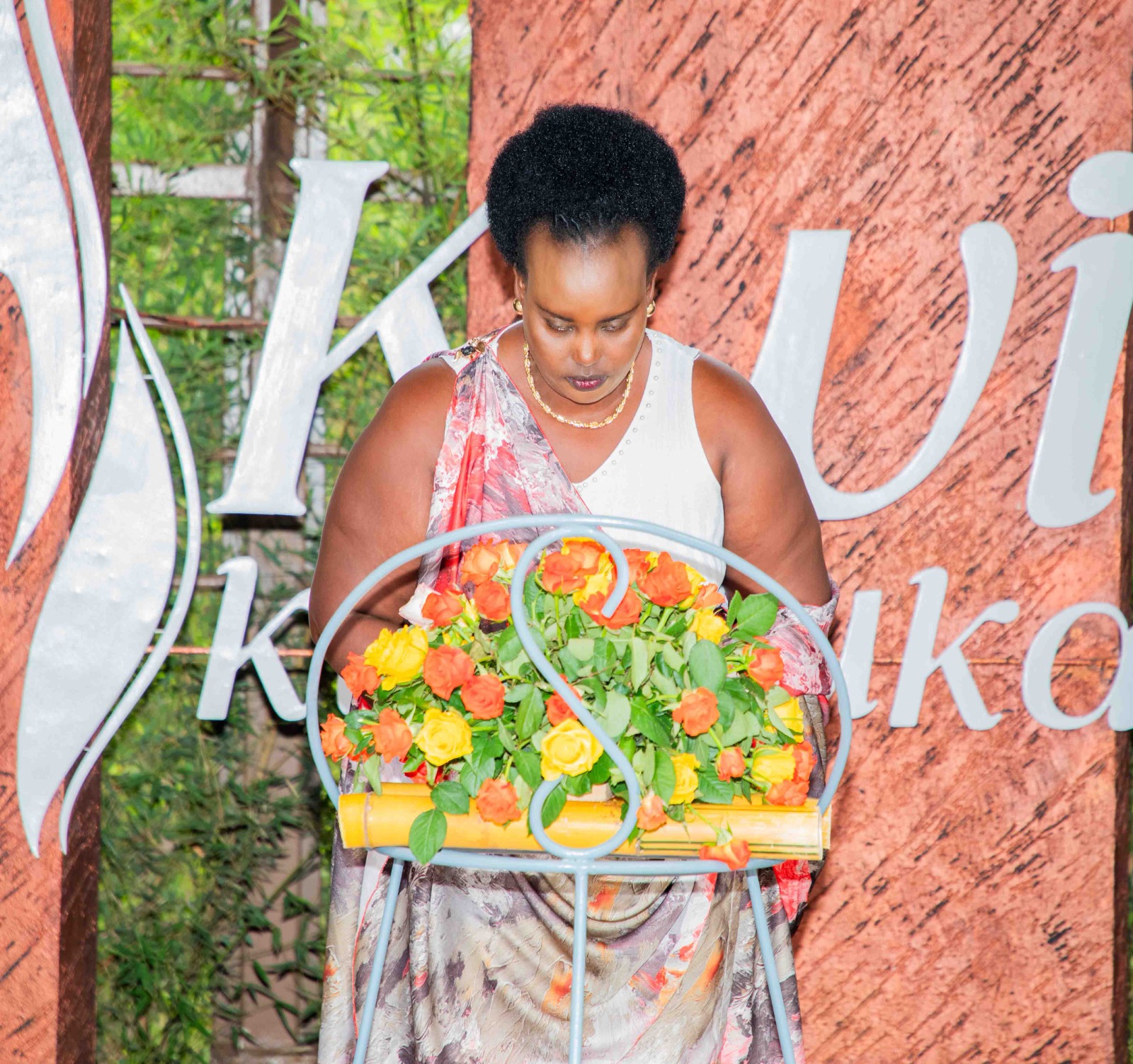
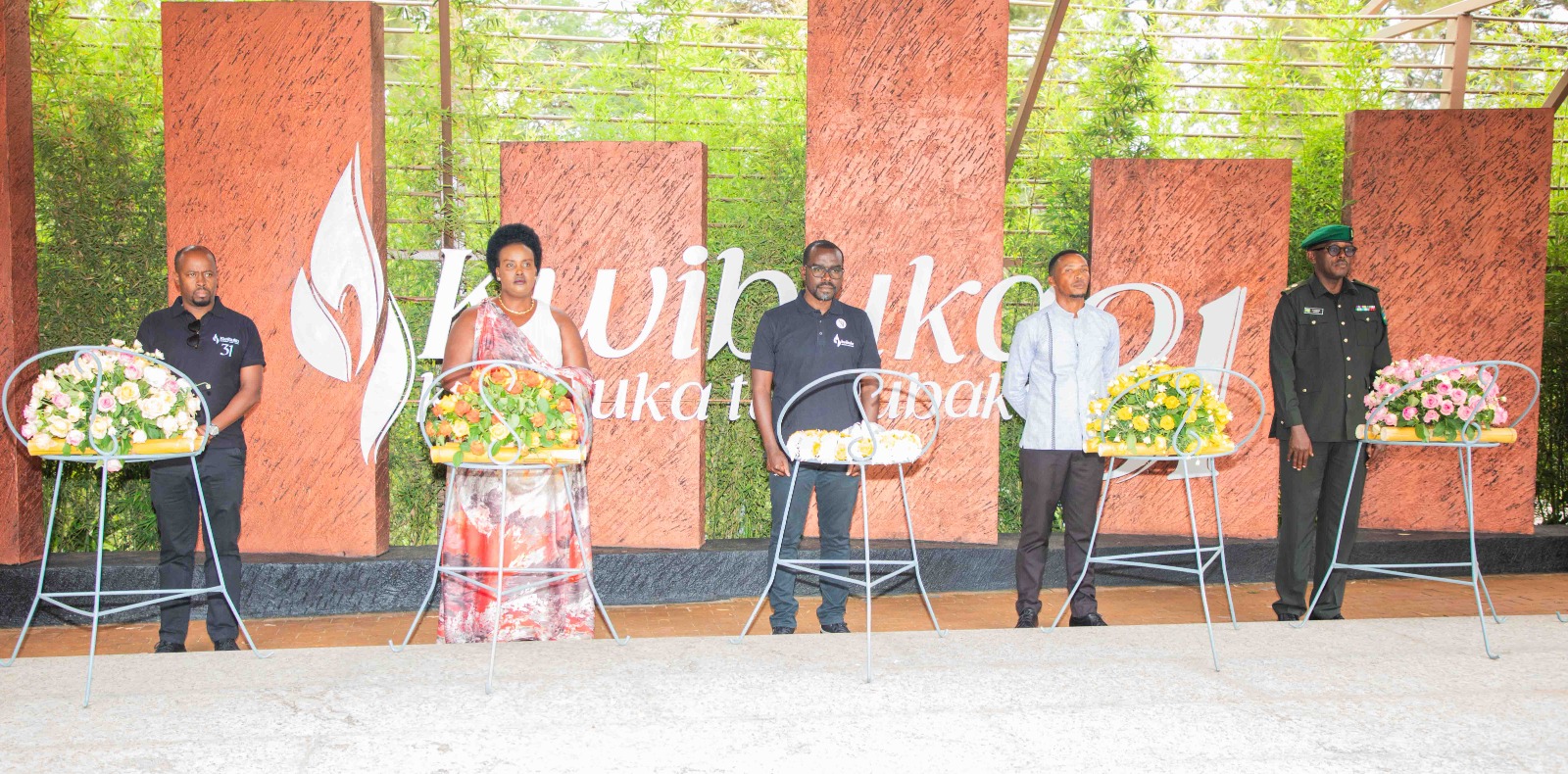
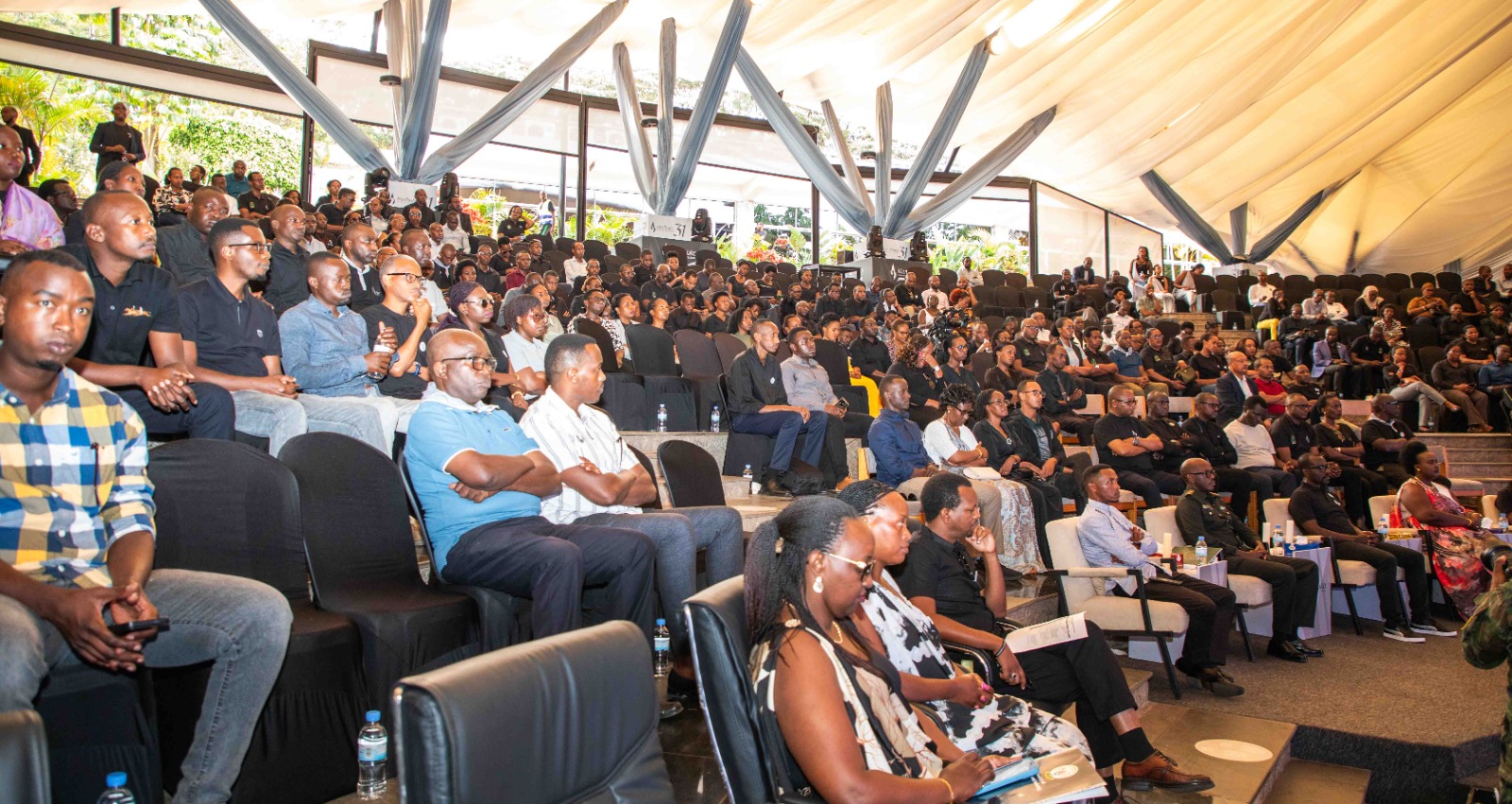
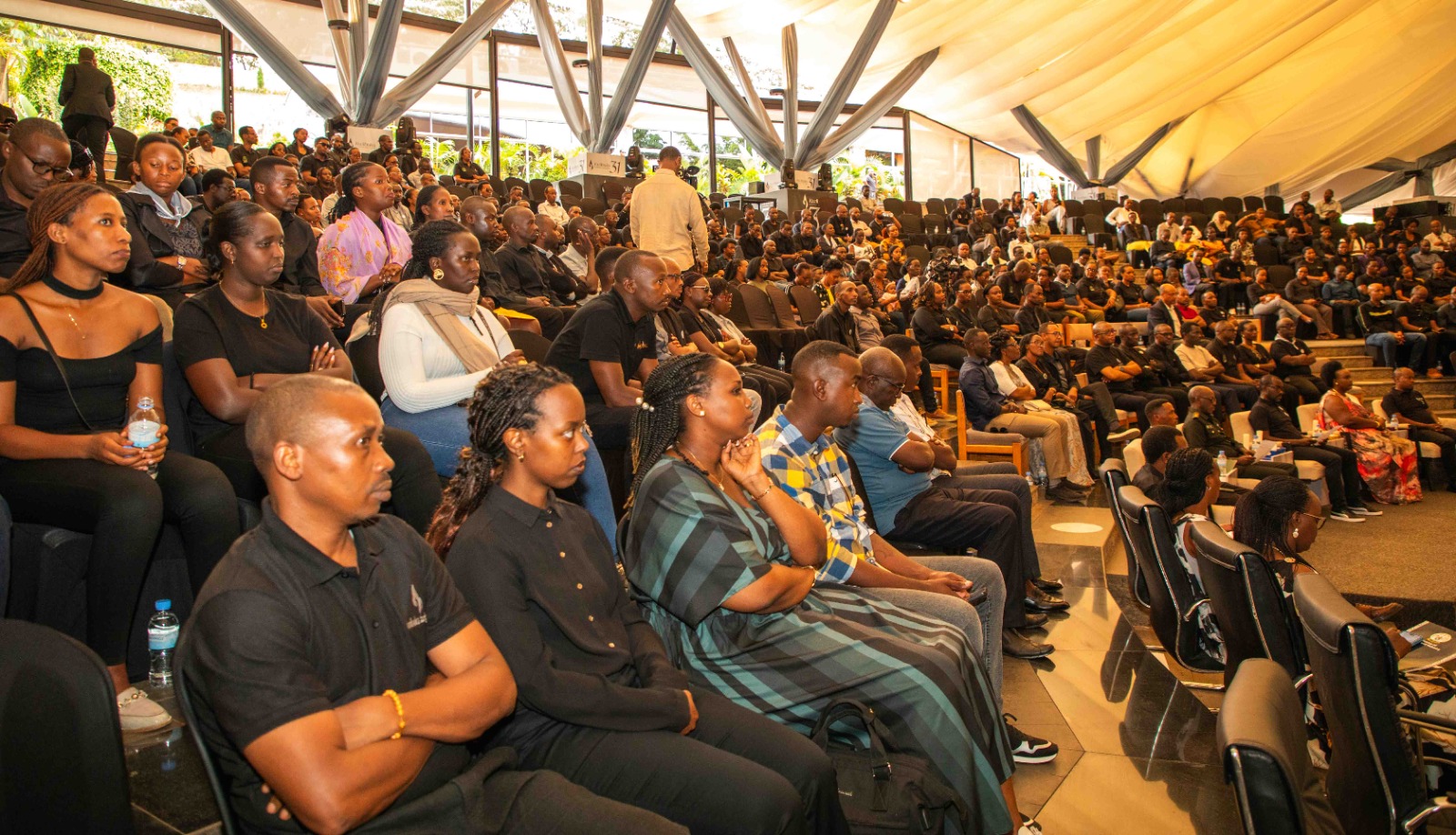
Related Articles
Strengthening Rwanda’s SMEs for Circular Food Systems: Embedding Circularity Beyond Project Implementation for Long-Term Transformation
As Rwanda advances its circular economy ambitions, small and medium-sized enterprises (SMEs)...
Powering Food, Restoring Land: How Renewable Energy and Regenerative Agriculture Are Transforming Rwanda’s Farms
Across Rwanda’s rolling hills, a quiet revolution is underway. It begins in...
Late February Weather Alert: Heavy and Above-Average Rainfall Forecast Across Rwanda
The Ministry in charge of Disaster Management (MINEMA) has issued a weather...
GBOX Launches AI Literacy Initiative to Support Rwanda’s Digital and Sustainable Development
A new Artificial Intelligence (AI) literacy program has been introduced last week...









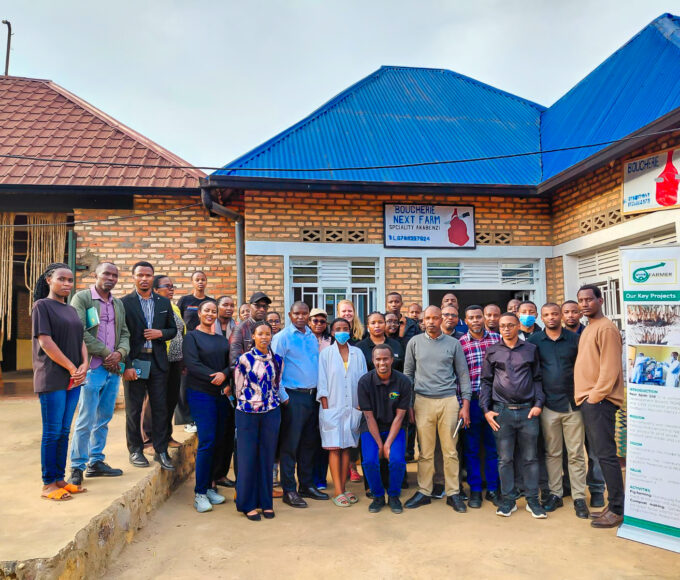


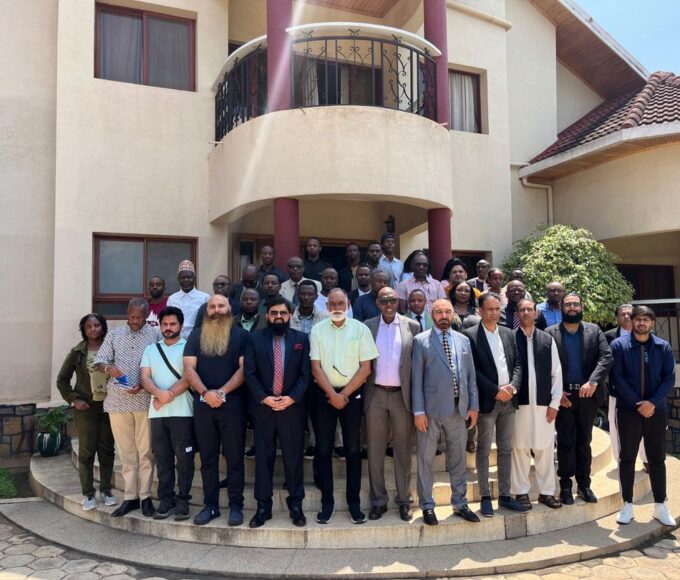
Leave a comment